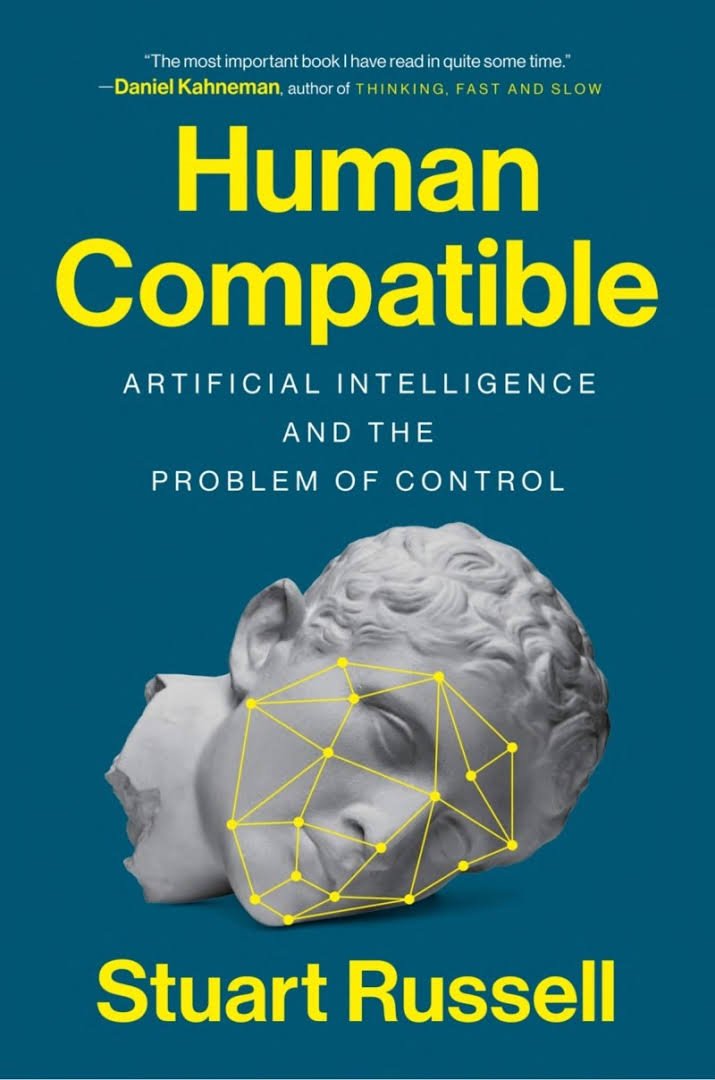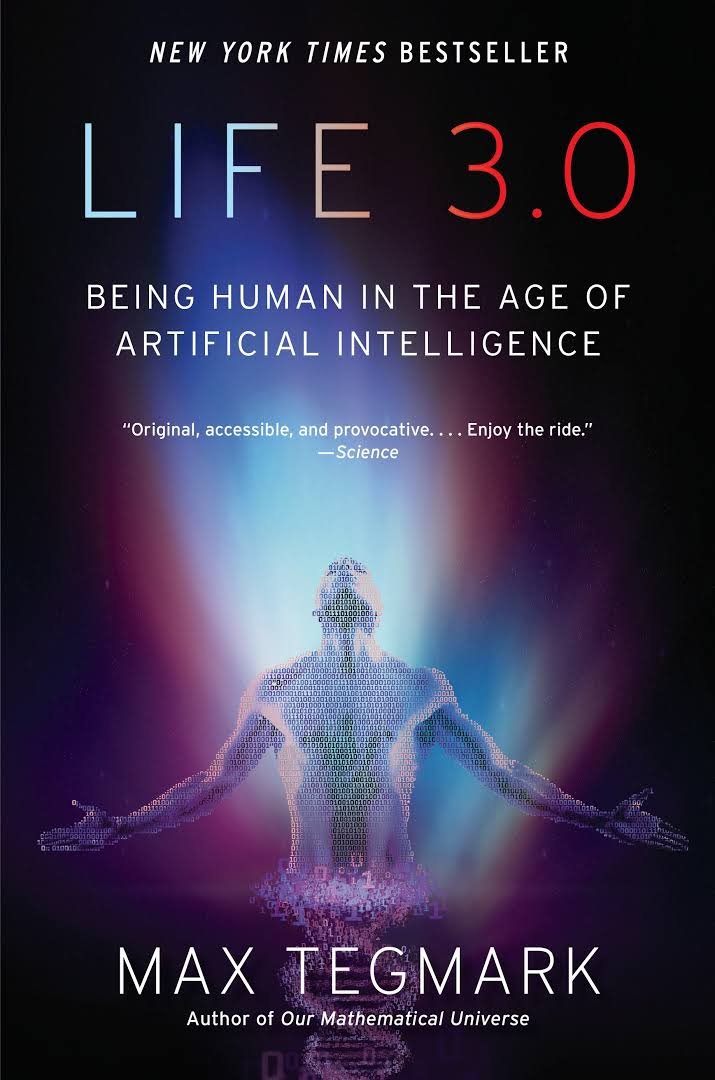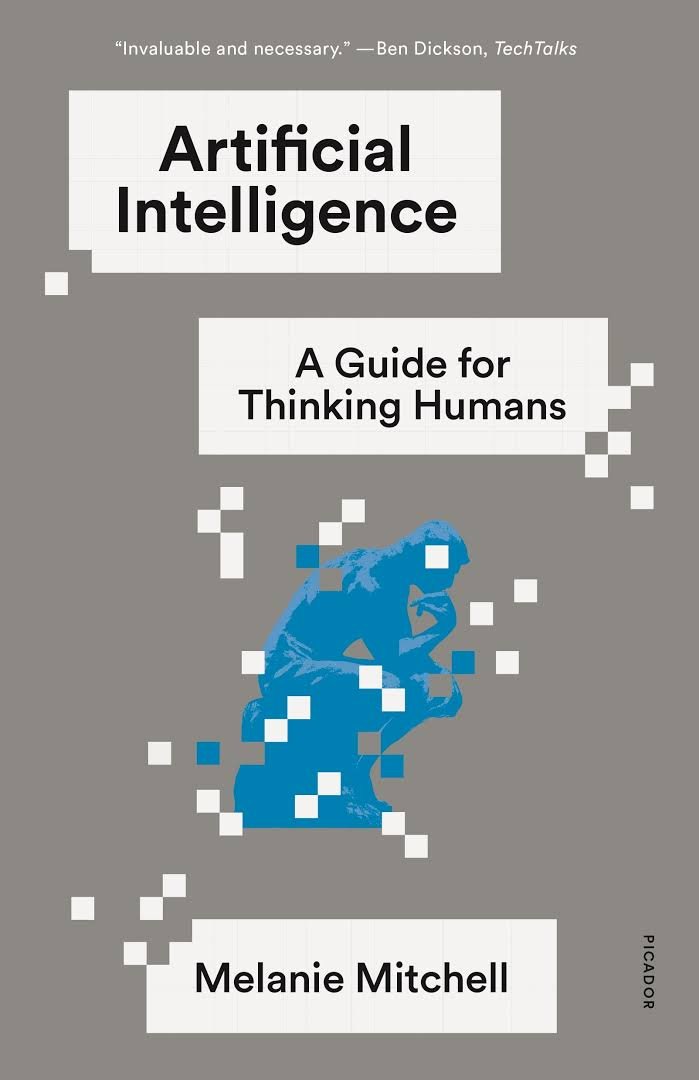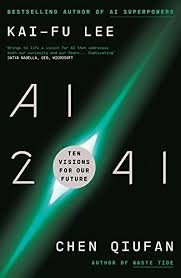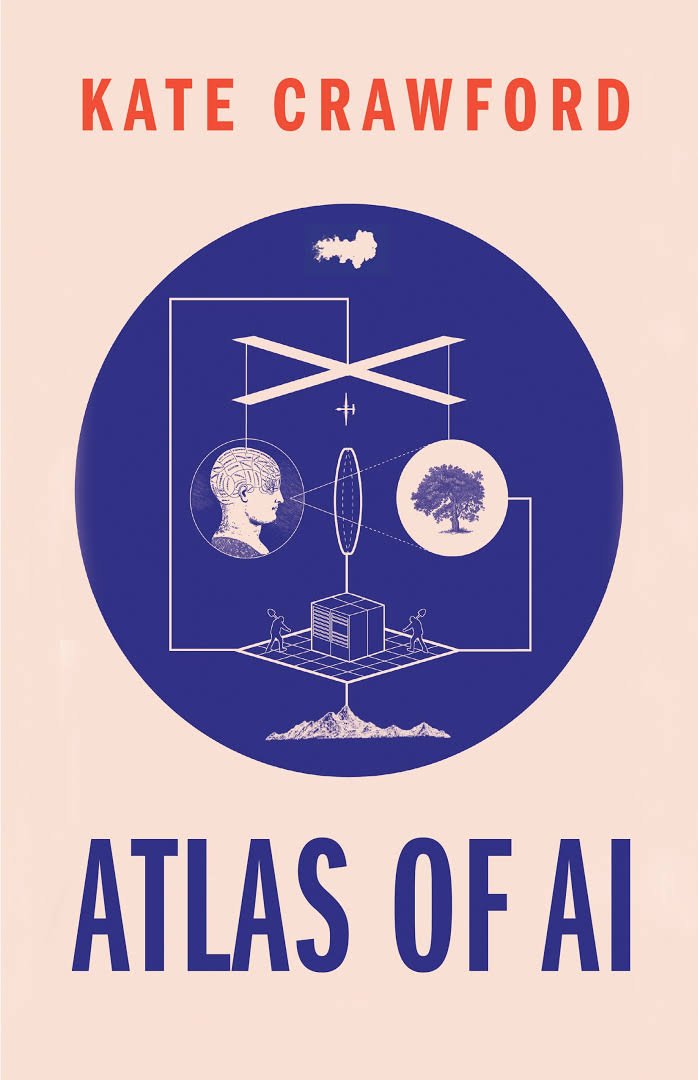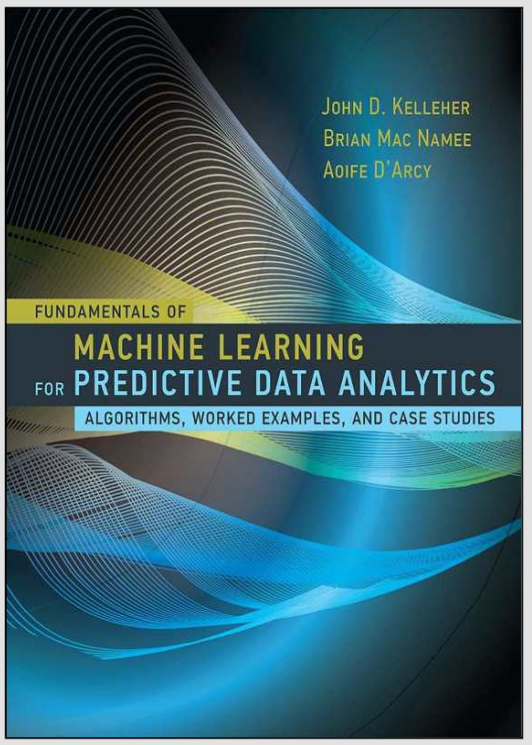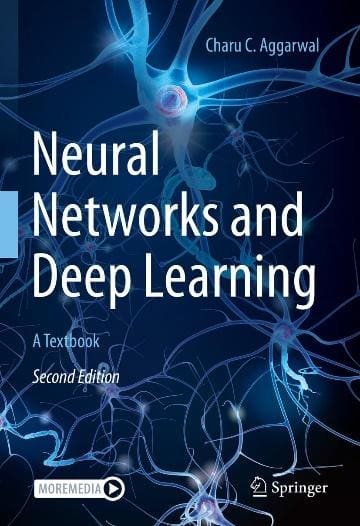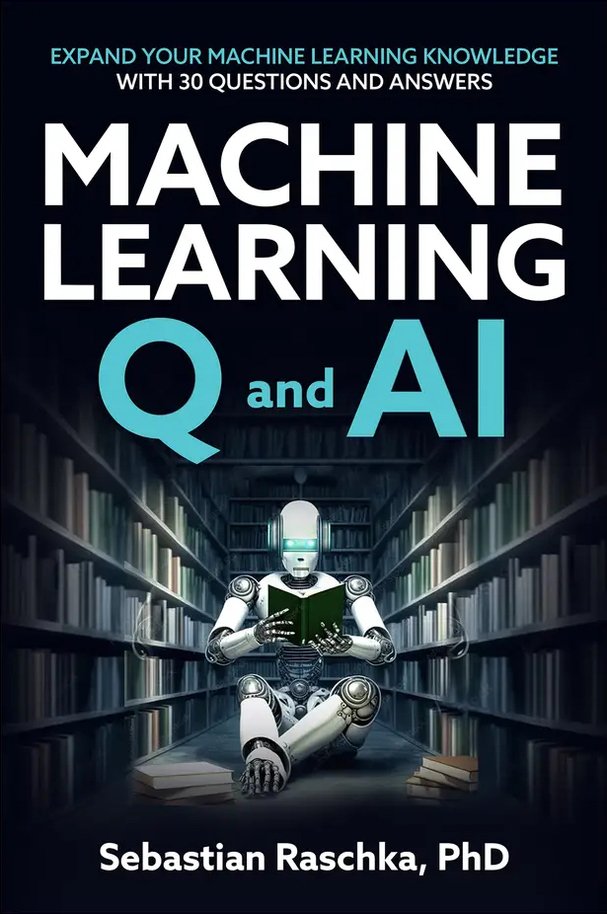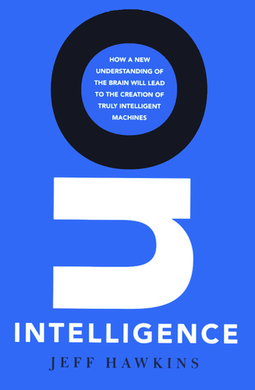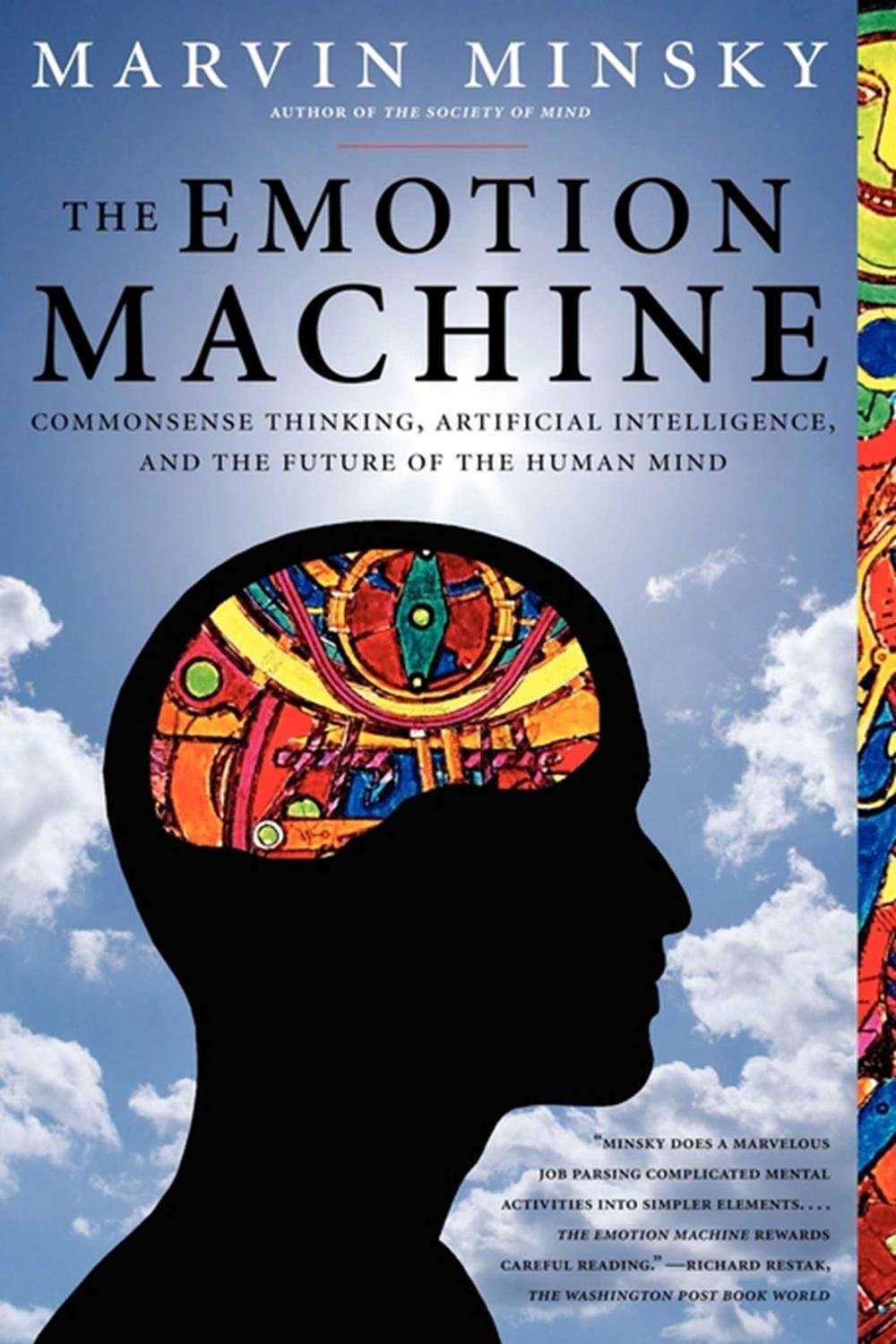
Artificial Intelligence: A Modern Approach
Private Book Reader
Upload and read your personal PDF books in our secure reader
Read Your Private BookShort Audio Book Summary
Artificial Intelligence: A Modern Approach Summary
0:00 / 0:00Reviews
No review yet. Be the first to review this book!
Description
"Artificial Intelligence: A Modern Approach" is a widely used textbook in the field of artificial intelligence (AI), written by Stuart Russell and Peter Norvig. Here's an overview: 1. Introduction to Artificial Intelligence: The book begins by providing an overview of the field of artificial intelligence, including its history, goals, and fundamental concepts. It discusses the various approaches to AI, such as symbolic AI, neural networks, and machine learning. 2. Intelligent Agents: Russell and Norvig introduce the concept of intelligent agents, which are systems capable of perceiving their environment and taking actions to achieve their goals. They discuss different types of agents, including simple reflex agents, model-based agents, and utility-based agents. 3. **Problem Solving**: The book covers various problem-solving techniques used in AI, such as search algorithms, heuristic search, and game playing. It discusses how these techniques can be applied to solve different types of problems, including puzzles, planning, and decision-making. 4. Knowledge Representation: Russell and Norvig explore methods for representing knowledge in AI systems, such as propositional logic, predicate logic, and semantic networks. They discuss how these representations can be used to represent facts, rules, and relationships in a domain. 5. Machine Learning: The book provides an in-depth overview of machine learning, covering topics such as supervised learning, unsupervised learning, reinforcement learning, and neural networks. It discusses algorithms and techniques used for training models, evaluating performance, and handling issues such as overfitting and bias. 6. **Natural Language Processing**: Russell and Norvig delve into natural language processing (NLP), discussing techniques for parsing, understanding, and generating human language. They cover topics such as syntax, semantics, and discourse analysis, as well as applications such as machine translation and information retrieval. 7. Planning and Reasoning: The book explores methods for automated planning and reasoning, including techniques such as logic programming, constraint satisfaction, and probabilistic reasoning. It discusses how these methods can be used to model complex decision-making processes and solve real-world problems. 8. Perception and Robotics: Russell and Norvig examine the challenges of perception and robotics in AI, discussing topics such as computer vision, sensor data processing, and robot control. They explore techniques for interpreting sensory input, understanding the environment, and performing tasks such as navigation and manipulation. 9. Ethical and Societal Implications: Throughout the book, Russell and Norvig address the ethical and societal implications of AI, including issues related to privacy, bias, autonomy, and accountability. They emphasize the importance of responsible AI development and deployment, as well as the need for interdisciplinary collaboration and public engagement. "Artificial Intelligence: A Modern Approach" is widely regarded as a comprehensive and authoritative textbook in the field of AI, covering a broad range of topics and providing both theoretical foundations and practical insights. It is used in academic courses and by practitioners alike, serving as a valuable resource for students, researchers, and professionals interested in artificial intelligence.



















 Apr 30, 2025
Apr 30, 2025




.jpeg)
.jpg)



.png)













.jpg)




.jpeg)
.jpg)


.jpg)



.jpg)
.jpeg)

.jpg)






.jpeg)





.jpeg)













.jpg)





